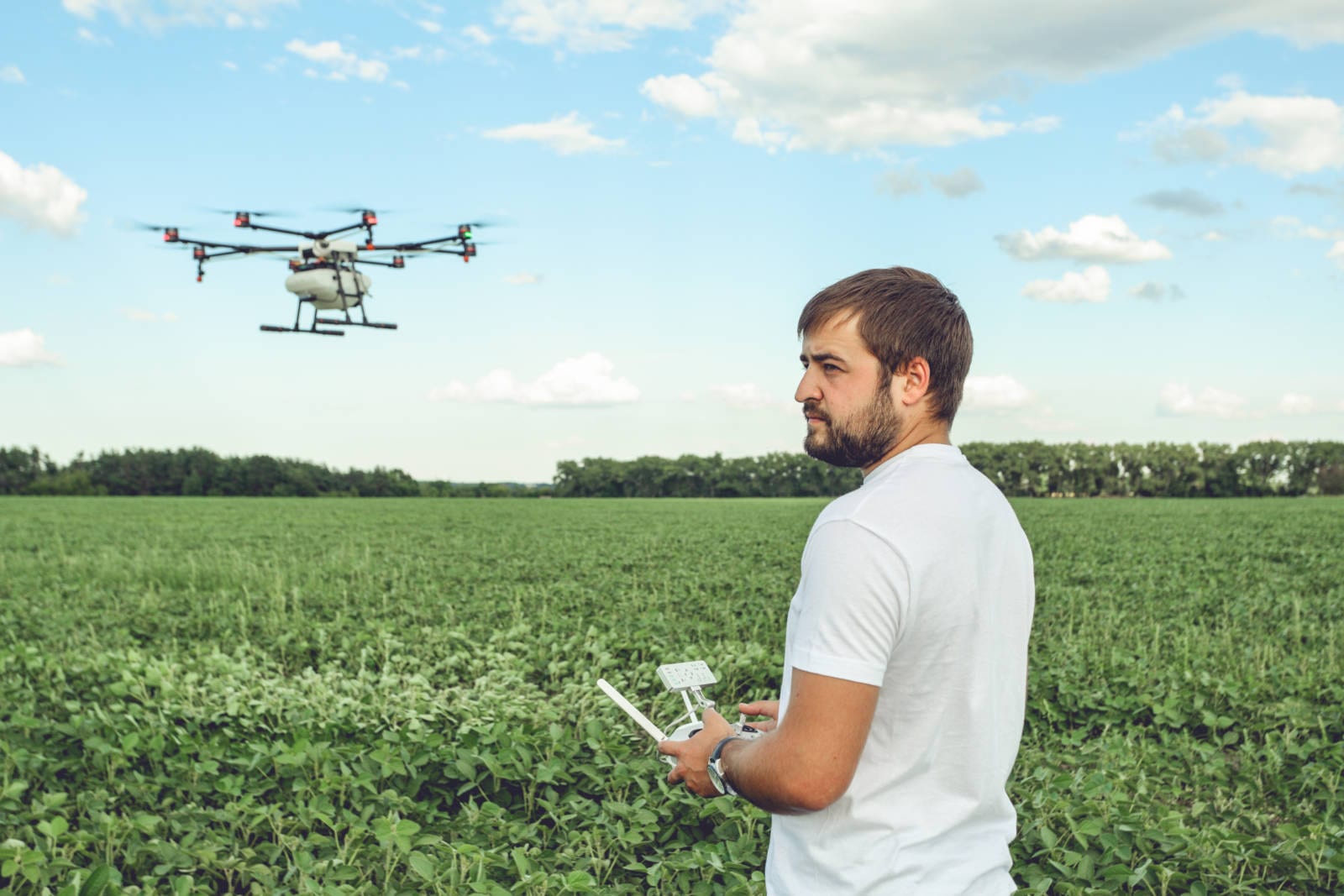Forbes Magazine examines innovations that are revolutionizing crop production
Digital innovation is allowing U.S. soybean farmers to be more productive, more profitable and more sustainable than ever before. Forbes reports that the agriculture industry invested $4.6 billion in technology in 2015, and that has steadily climbed ever since. As the population grows, it’s predicted that farmers will need to increase their output by 60 percent by 2030 to meet global food demand. By embracing technology, farmers will be better prepared to meet this tall order, while simultaneously becoming more sustainable.
Below, a look at three of what Forbescalls, “the top digital transformation trends in agriculture.”
IoT. “Internet of Things” is a network of interrelated machines and devices that compute and transfer data without human coordination. When it comes to soybean production, IoT is simplifying and streamlining the collection, inspection and distribution of agricultural resources using sensors on equipment and machines. Sensors with image regulation technology allows farmers to view their crops from anywhere in the world, sending them real-time data so they know when water or nutrients are needed. With this remote management capability, farmers can increase production and reduce waste.
Drones and Crop Monitoring. Drones continue to gain popularity with the agricultural sector for providing farmers with aerial views so they can see full fields and large spans of their operations. These “big picture” vantage points allow soybean farmers to more easily spot stress symptoms. In addition, newer drone technology can spray crops faster than traditional machinery.
Robotics. Robots in agriculture reduce manpower hours and increase yield potential. Robots can aid farmers in spraying and weeding, as well as harvesting and picking nuts and other fruits.
While robots may not yet be commonplace on every farm, innovation and digital technology seems here to stay. IoT, drones and robotics are just three technologies helping U.S. soybean farmers produce an abundant, sustainable crop.
